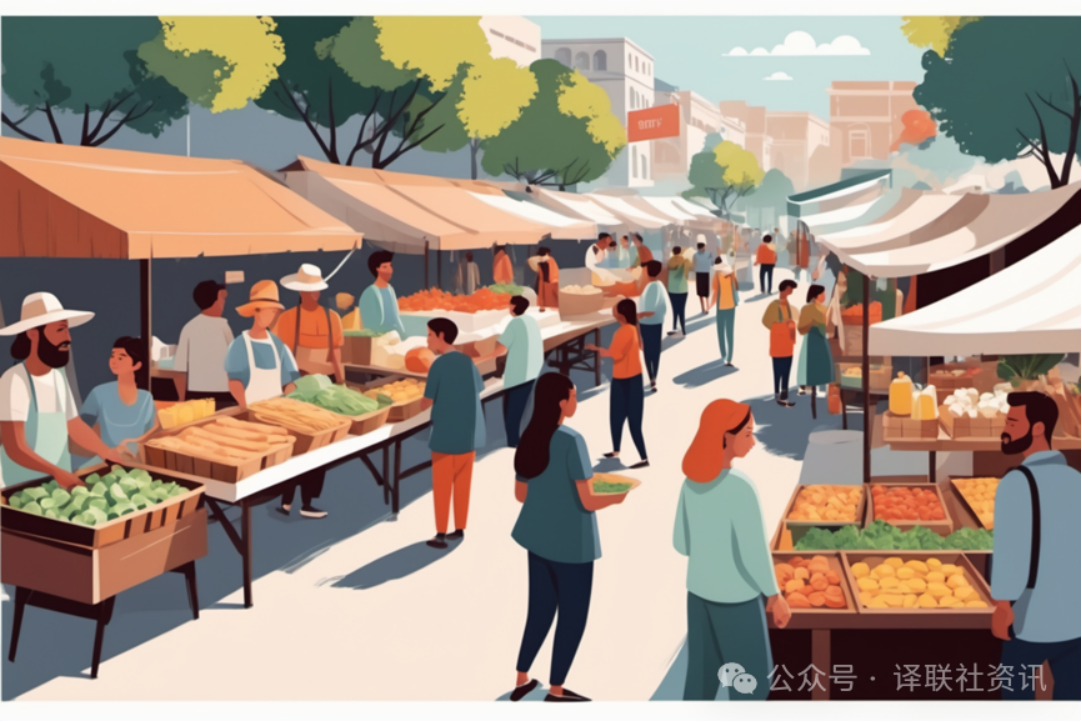Living as an expatriate in China can be an exciting yet challenging experience, as individuals are immersed in a culture entirely different from their own. From language barriers to social customs, expats often find themselves navigating a maze of cultural differences on a daily basis. Here, we delve into the experiences of expatriates living in China and the strategies they employ to thrive in this culturally rich but complex environment.
One of the most significant hurdles expatriates face in China is the language barrier. Mandarin Chinese, with its complex characters and tonal variations, can be intimidating for newcomers. However, many expats recognize the importance of learning at least basic conversational Mandarin to facilitate communication and integration into Chinese society. Language classes, language exchange programs, and language apps are commonly utilized tools to bridge this gap.

Beyond language, expatriates also encounter cultural differences in social customs and etiquette. The concept of 'mianzi', or maintaining dignity and avoiding embarrassment, plays a crucial role in Chinese interactions. Expats often find themselves navigating delicate situations where saving mianzi for themselves and others is paramount. Understanding cultural nuances such as hierarchy, indirect communication, and the importance of relationships (guanxi) is essential for building trust and rapport in business and social settings.
Food culture is another aspect of Chinese life that expatriates must adapt to. The diversity and complexity of Chinese cuisine can be overwhelming for newcomers, especially those with dietary restrictions or preferences. However, many expats embrace the opportunity to explore new flavors and culinary experiences, often forming bonds with locals over shared meals. Open-mindedness and a willingness to try new foods are key to fully embracing the richness of Chinese gastronomy.
Living in China also means adjusting to different norms and practices in daily life. From transportation systems to healthcare services, expatriates may encounter unfamiliar procedures and protocols. Patience, flexibility, and a sense of humor are invaluable traits for navigating these practical challenges and adapting to life in a new environment.
Despite the inevitable cultural differences and challenges, expatriates living in China often find the experience rewarding and transformative. The opportunity to immerse oneself in a vibrant culture, learn a new language, and forge meaningful connections with people from diverse backgrounds can be life-changing. By approaching cultural differences with curiosity, empathy, and an open mind, expatriates can truly embrace the richness and complexity of living in China.
In conclusion, navigating cultural differences as an expat living in China requires patience, empathy, and a willingness to adapt. By embracing the complexities of Chinese culture and approaching interactions with curiosity and respect, expats can forge meaningful connections and thrive in their new environment. As the world becomes increasingly interconnected, the ability to navigate cultural differences is not just a valuable skill but an essential one for building bridges across cultures and fostering mutual understanding.




